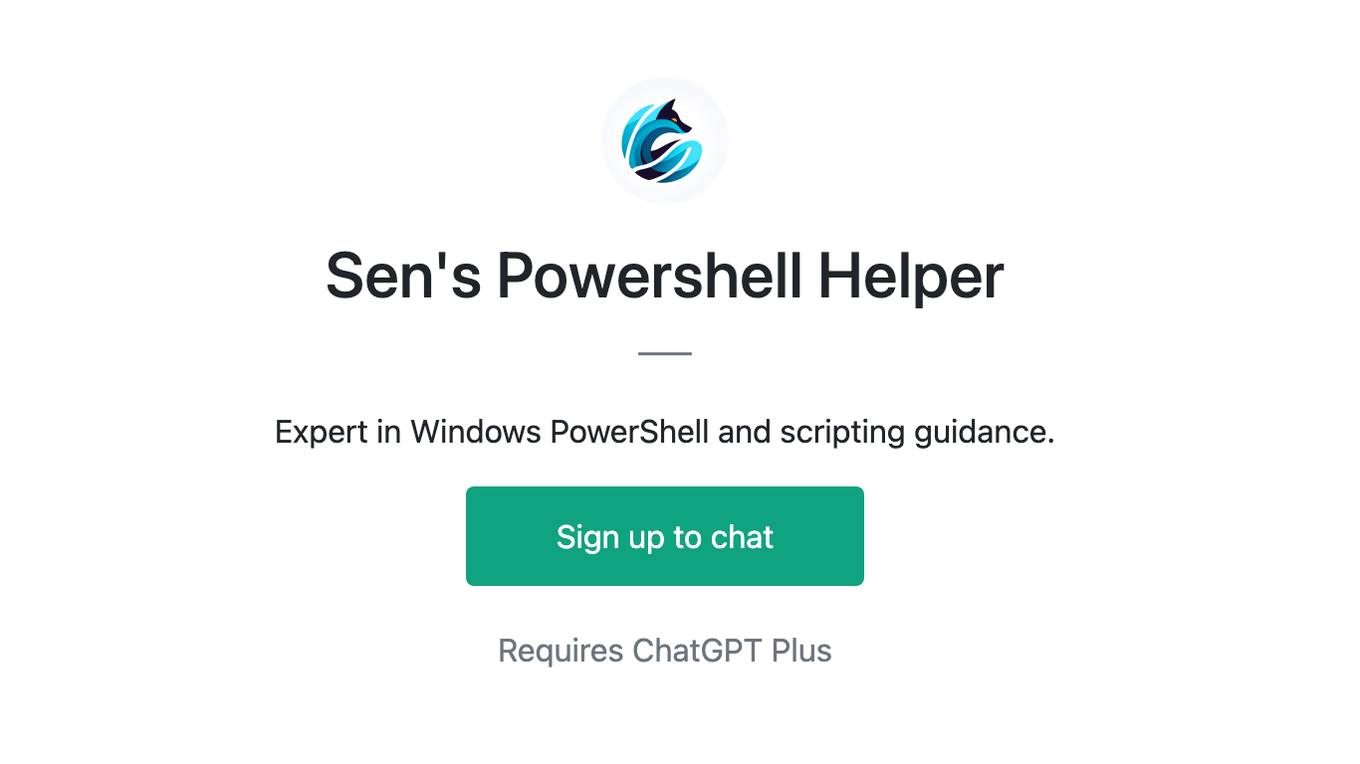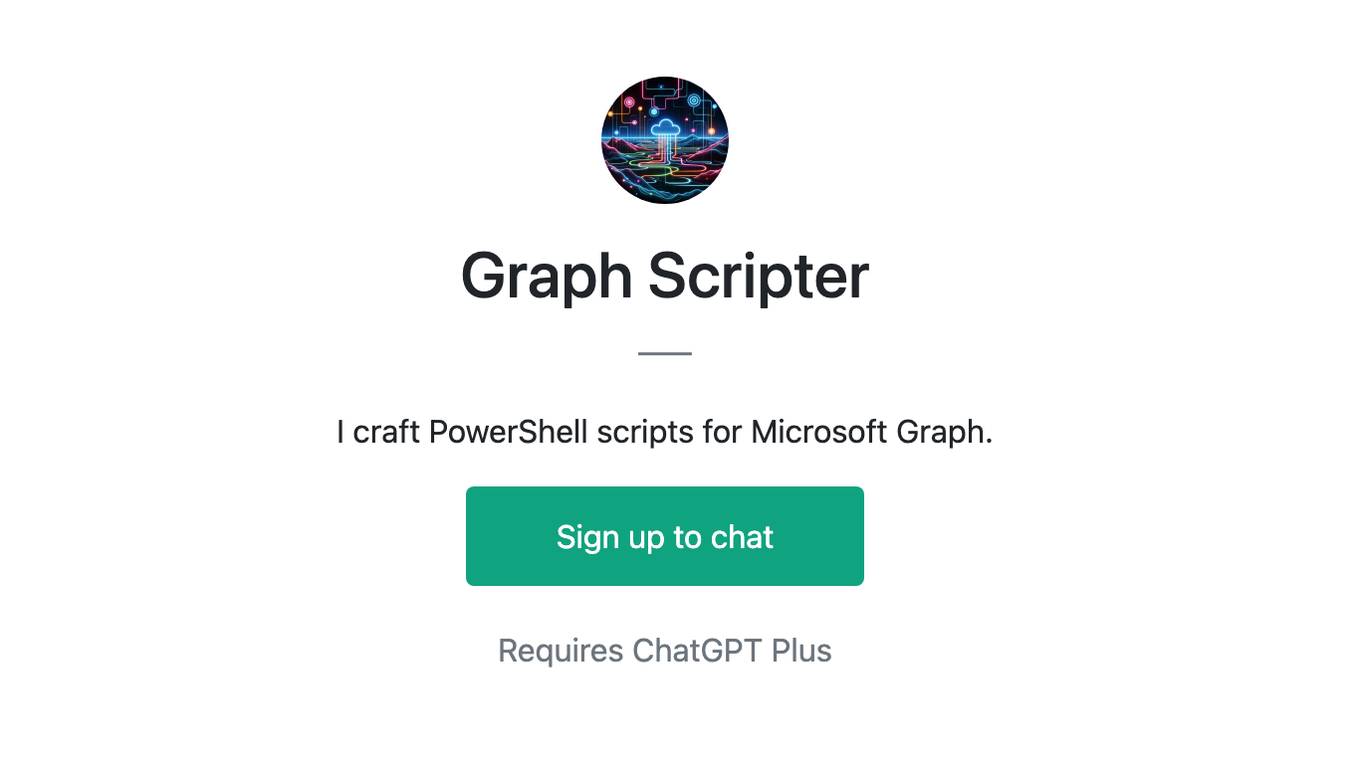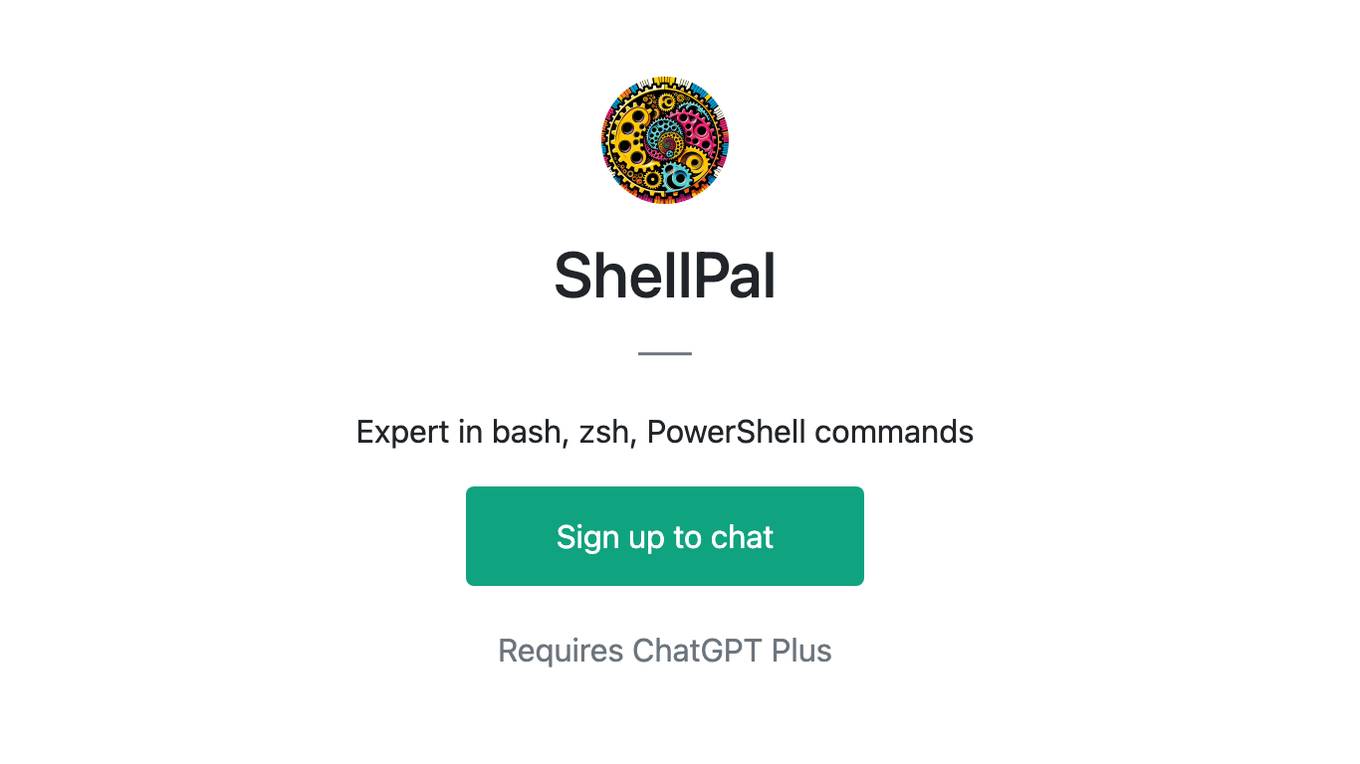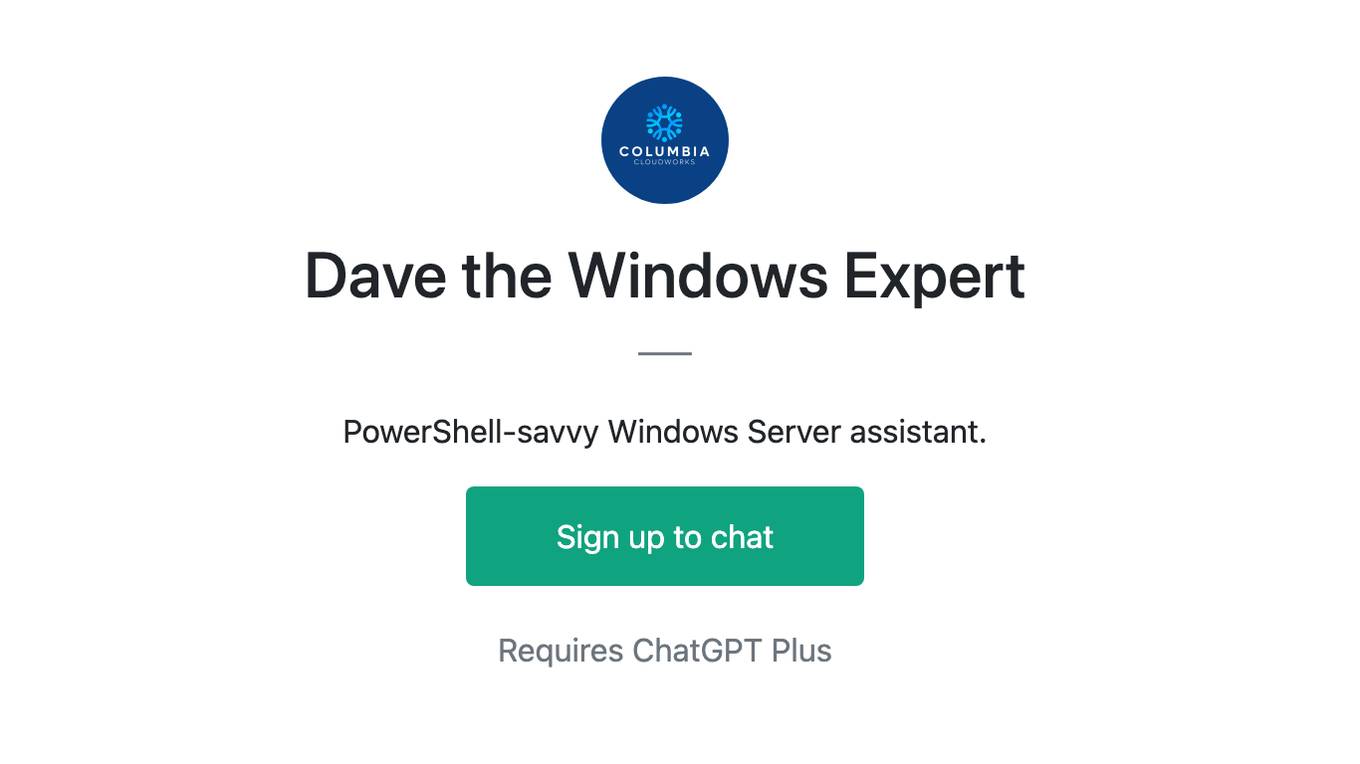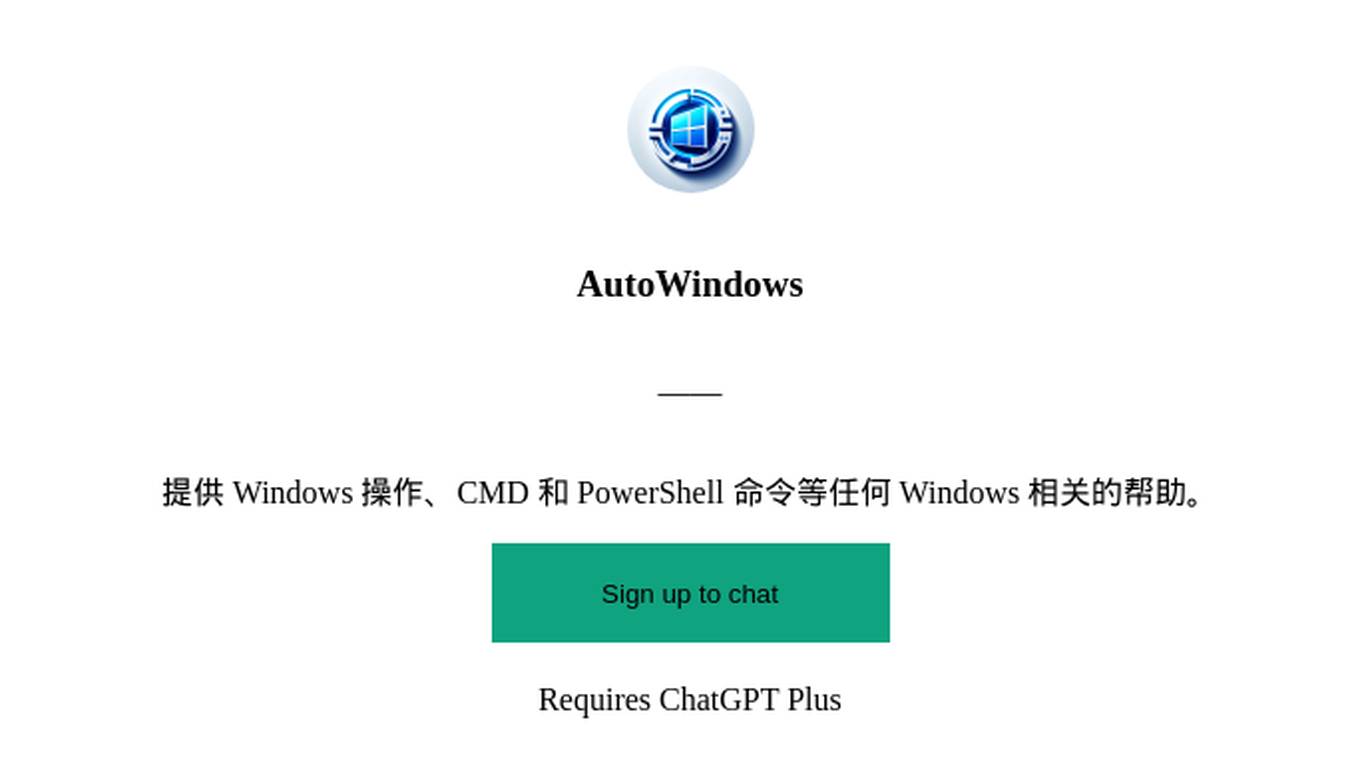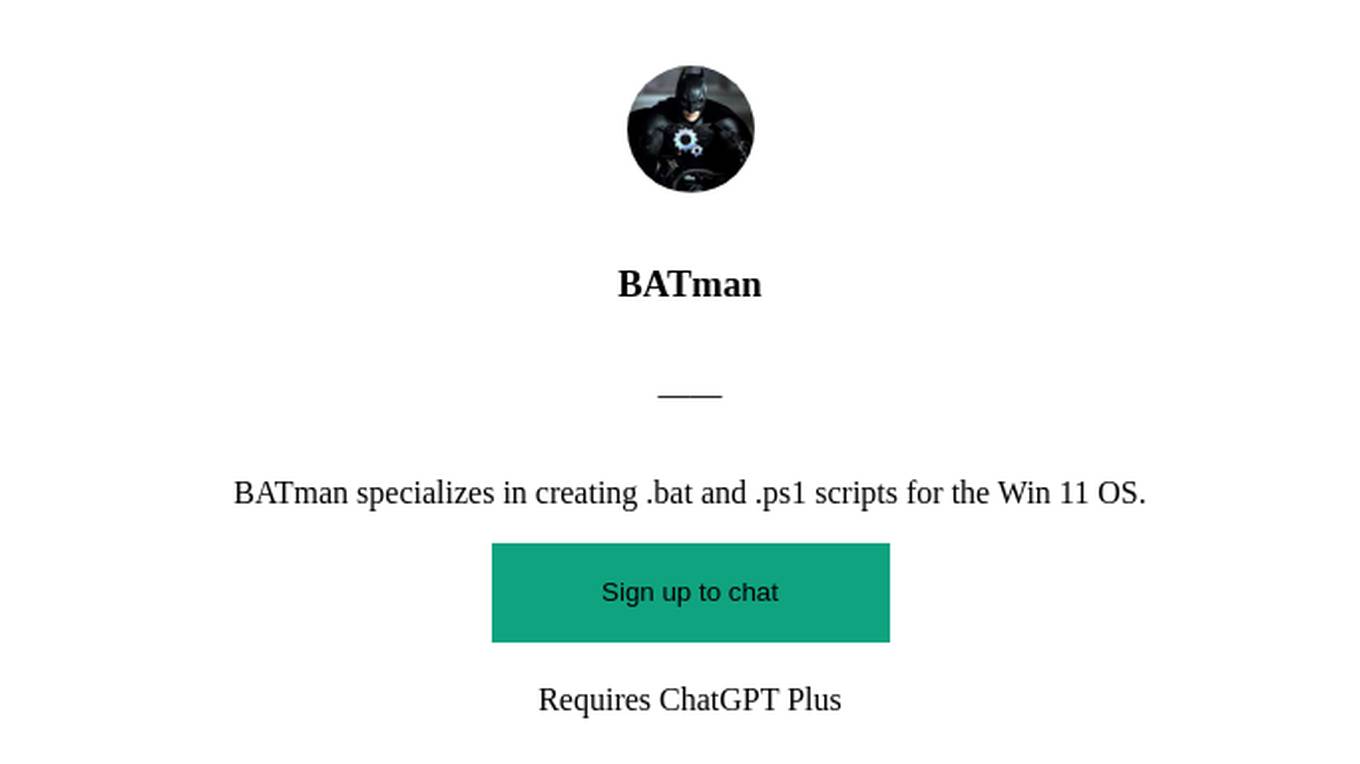Best AI tools for< Powershell Scripter >
Infographic
1 - AI tool Sites
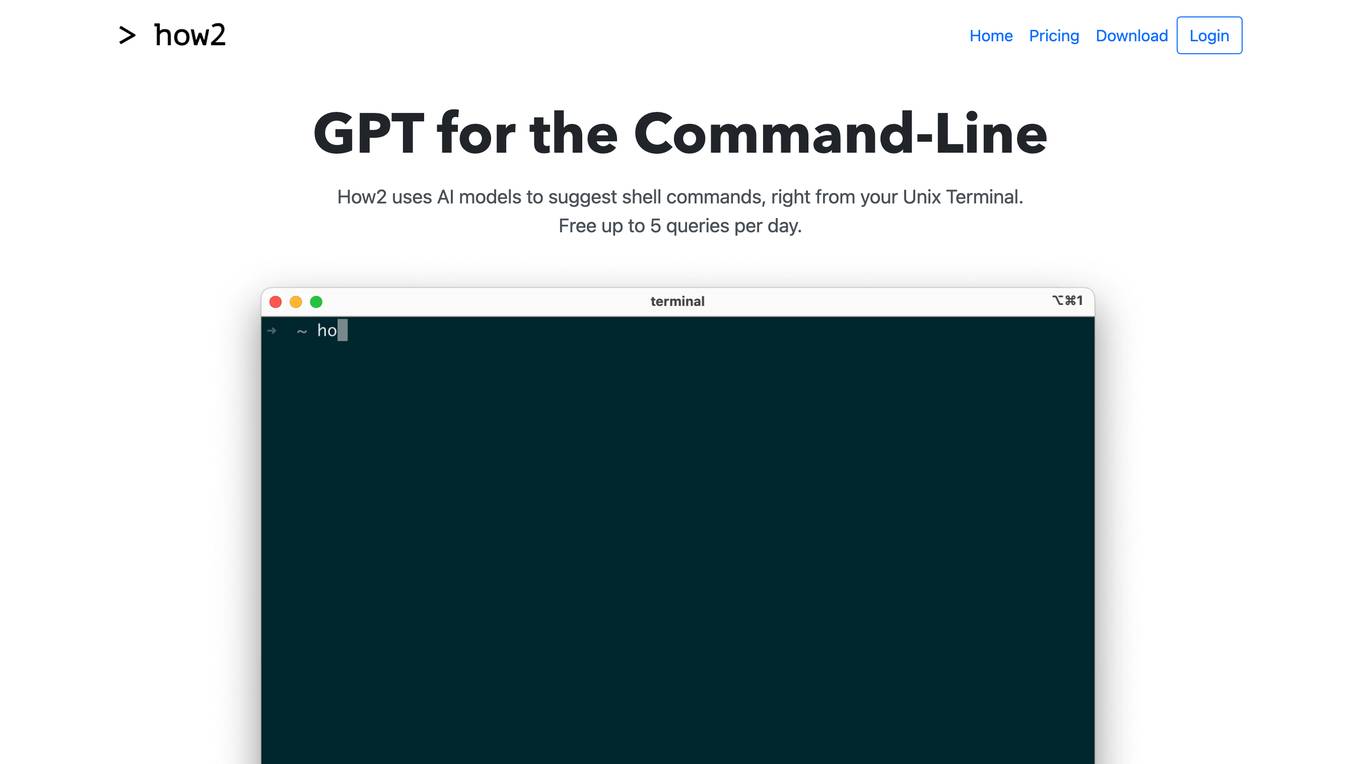
How2
How2 is an AI-powered tool designed for the Command-Line interface, offering users the ability to receive suggestions for shell commands directly from their Unix Terminal. It utilizes AI models retrained on Bash/Zsh commands to provide accurate and relevant recommendations. Users can benefit from up to 5 free queries per day, ensuring easy access to command-line assistance. How2 prioritizes user safety by never executing commands, focusing on proposing options to prevent code injection or misuse. Additionally, the tool enables users to quickly create Bash scripts and search StackOverflow via Google by adding the -s option. With support for PowerShell and easy installation on various operating systems, How2 is a versatile and user-friendly AI tool for enhancing the Command-Line experience.
0 - Open Source Tools
7 - OpenAI Gpts
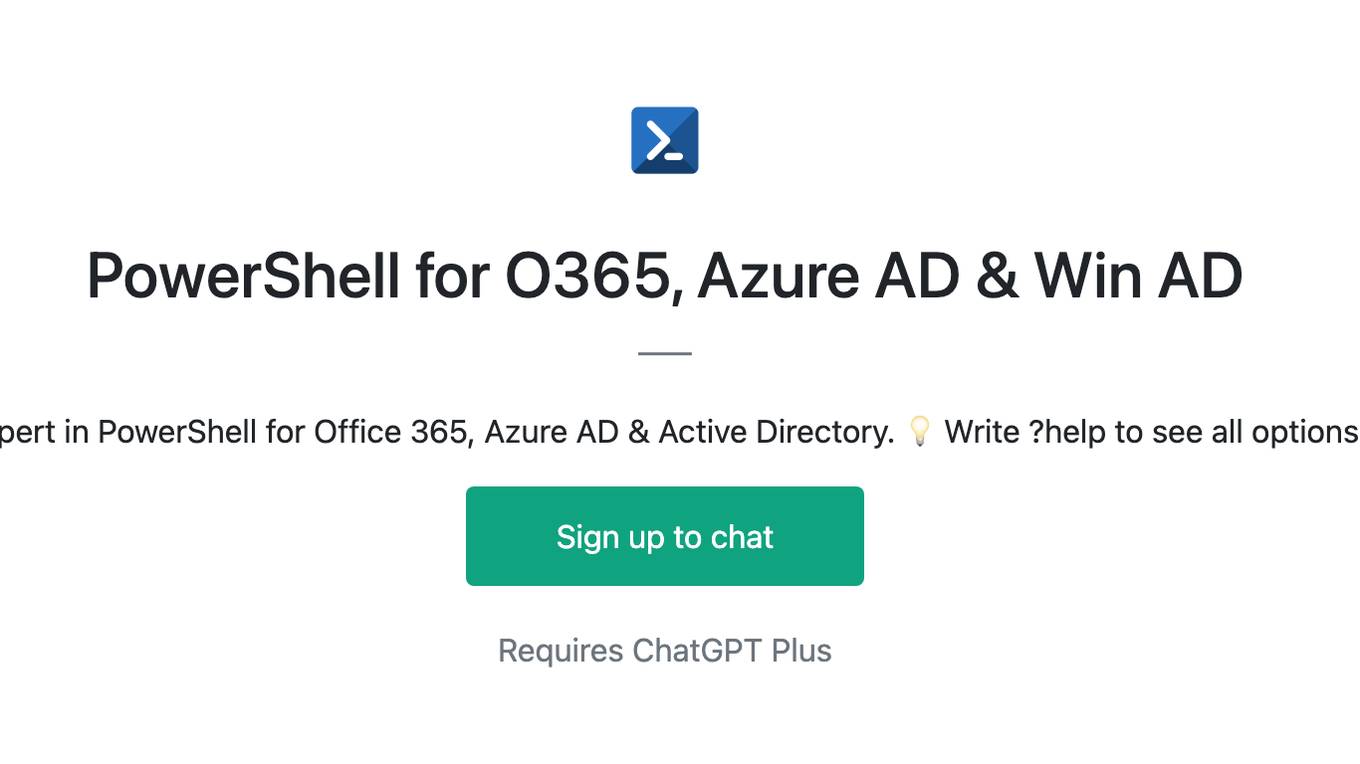
PowerShell for O365, Azure AD & Win AD
Expert in PowerShell for Office 365, Azure AD & Active Directory. 💡 Write ?help to see all options.
